Post by farmgal on Nov 22, 2012 17:42:36 GMT -5
Births
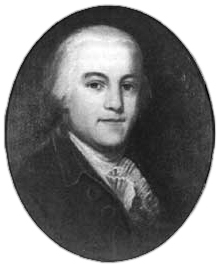
On this day in 1749, Edward Rutledge, one of South Carolina's representatives to the Continental Congress in Philadelphia, is born in Charleston.
Contrary to the majority of his Congressional colleagues, Rutledge advocated patience with regard to declaring independence. In a letter to John Jay, one of New York's representatives who was similarly disinclined to rush a declaration, Rutledge worried whether moderates like himself and Jay could "effectually oppose" a resolution for independence. Jay had urgent business in New York and therefore was not able to be present for the debates.
Rutledge was the son of a physician who had emigrated from Ireland. Edward's elder brother John studied law at London's Middle Temple before returning to set up a lucrative practice in Charleston. Edward followed suit and studied first at Oxford University before being admitted to the English bar at the Middle Temple. He too returned to Charleston, where he married and began a family in a house across the street from his brother's. As revolutionary politics roiled the colonies, first John, then Edward served as South Carolina's representative to the Continental Congress. Neither Rutledge brother was eager to sever ties with Great Britain, but it fell to Edward to sign the Declaration of Independence to create the appearance of unanimity and strengthen the Patriots' stand. At age 26, Edward Rutledge was the youngest American to literally risk his neck by signing the document.
en.wikipedia.org/wiki/Edward_Rutledge
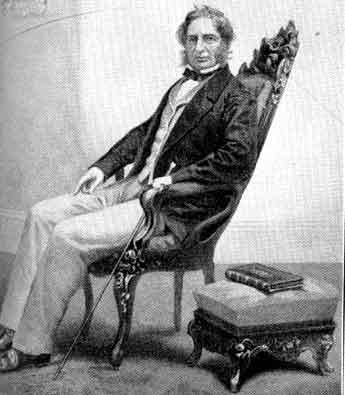
en.wikipedia.org/wiki/Theodore_Dwight_Weld

On this day in 1805, Franklin Pierce, America's 14th president, is born in a log cabin in Hillsborough, New Hampshire.
Pierce, described by biographers and contemporaries as a personable and sincere young man, worked as a lawyer before winning a seat in the New Hampshire state legislature in 1828, while his father served as New Hampshire's governor. He was elected to the U.S. Senate in 1832 and fought in the Mexican-American War (1846-1848), for which he received military honors.
As president, Pierce facilitated the acquisition of the territories that now make up the states of Arizona and New Mexico through the Gadsden Purchase of 1853. He also improved trade relations with Canada in exchange for greater U.S. fishing rights along the continent's North Atlantic coast. However, he is best remembered for his endorsement of the Kansas-Nebraska Act of 1854, which allowed the new territories of Kansas and Nebraska to decide for themselves whether they would allow slavery or outlaw the practice. Foreshadowing the brutal Civil War that was soon to come, the territories erupted in sectarian violence after the act's passing. Pierce's failure to stem the fighting and his role in the Ostend Manifesto fiasco of 1854 (a secret plan to start a war with Spain in order to annex Cuba) proved to be his political undoing. Members of his own Democratic Party refused to re-nominate him for president in the election of 1856, popularizing the slogan "anybody but Pierce."
In 1834, Pierce had married Jane Means Appleton and the couple had three sons. The first, Franklin, died in infancy; a second, Frank Robert, died at age four from typhus; and their third son, Benny, was killed in a train wreck from which Pierce and his wife narrowly escaped. The string of tragedies led Pierce to drinking. He also suffered from chronic nervous exhaustion. By the end of his term, a Philadelphia Enquirer reporter described Pierce as "a wreck of his former self...his face wears a hue so ghastly and cadaverous that one could almost fancy he was gazing on a corpse." Upon leaving office in 1857, Pierce was asked what he would do next; he allegedly replied "there's nothing left [to do] but get drunk." The effects of alcoholism led to his death in 1869 at the age of 65.
en.wikipedia.org/wiki/Franklin_Pierce
1809 Henry Lyman in Northampton, Massachusetts, American Baptist missionary murdered in Sumatra (d. 28 June 1834).
en.wikipedia.org/wiki/Henry_Lyman_(missionary)
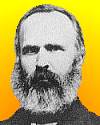
en.wikipedia.org/wiki/Josiah_Dwight_Whitney

Prentiss was raised in Missouri but moved to Quincy, Illinois, at age 22. He joined the Illinois militia, and he was active when tensions arose between the Mormon and Illinois residents of the area after the Mormon prophet, Joseph Smith, was lynched by a mob.
When the Mexican War began, Prentiss raised a company of volunteers and served under General Zachary Taylor at Buena Vista. Upon his return to Illinois, he practiced law until the outbreak of the Civil War. He remained active in the militia and rose to the rank of colonel.
At the beginning of the Civil War, Prentiss was placed in charge of Cairo, Illinois, at the confluence of the Mississippi and Ohio Rivers. In August 1861, he was promoted to brigadier general and charged with protecting the Hannibal and Saint Joseph Railroad across northern Missouri. His brigade was sent to join General Ulysses S. Grant's Army of the Tennessee, and he was elevated to divisional commander. Prentiss fought at Shiloh and was caught in the infamous Hornet's Nest. He and part of his force were captured, and Prentiss spent six months in a Confederate prison. He was exchanged in October 1862 and served on the court-martial of General Fitz-John Porter, who was tried on charges of insubordination during the Battle of Second Bull Run, when he refused to conduct an attack ordered by his commander, John Pope. Porter was found guilty and cashiered from the army, but he said that Prentiss was "supposed unprejudiced, and acted so."
After the Porter case closed, Prentiss commanded the District of Eastern Arkansas at Helena. He sent raids into the interior of the state and recruited escaped slaves into military service. On July 4, 1863, Prentiss's command held off an attack by General Sterling Price, who was trying, belatedly, to rescue the Confederate force inside of nearby Vicksburg, Mississippi. That garrison had already surrendered, but Prentiss emerged as the victor in the Battle of Helena. Despite this success, Prentiss found himself without a command when the Union reorganized the theater after the fall of Vicksburg.
Prentiss requested a leave from the army, citing ill health and family concerns, as his wife had died in 1860 and he had young children. Prentiss spent the rest of his life as a land agent and postmaster in Missouri until he died in 1901.


1879 Theodore Charles Brohm in Addison, Illinois (d. 5 January 1957, Oakland, California). He graduated from Concordia Seminary (Saint Louis) in 1903 and served as a pastor in Detroit, Michigan, from 1903 to 1909. He was president of Concordia College (Oakland, California) from 1909 to 1950.

en.wikipedia.org/wiki/Harpo_Marx
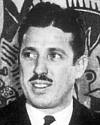





1928 Jerrold Lewis "Jerry" Bock (d, 2010) American musical theater composer. He received the Tony Award for Best Musical and the Pulitzer Prize for Drama with Sheldon Harnick for their 1959 musical Fiorello! and the Tony Award for Best Composer and Lyricist for the 1964 musical Fiddler on the Roof with Harnick.
1929 Harold Lee "Hal" Lindsey American evangelist and Christian writer. He is a Christian Zionist and dispensationalist author. He currently resides in the Palm Springs area of Southern California.
en.wikipedia.org/wiki/Hal_Lindsey

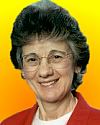

1946 Bobby Lee Rush U.S. Representative for Illinois's 1st congressional district, serving since 1993. He is a member of the Democratic Party. The district is located principally on the South Side of Chicago. It is a minority-majority district and has a higher percentage of African Americans (65%) than any other congressional district in the nation. Rush has the distinction of being the only person to date to defeat President Barack Obama in an election for public office. Rush is a member of the Congressional Black Caucus.
1950 Charles Ellis "Chuck" Schumer senior United States Senator from New York and a member of the Democratic Party. First elected in 1998, he defeated three-term Republican incumbent Al D'Amato by a margin of 55%–44%. He was easily re-elected in 2004 by a margin of 71%–24% and in 2010 by a margin of 66%–33%.
Deaths

1585 Thomas Tallis, in Greenwich, England, composer, (b. ca. 1505).
en.wikipedia.org/wiki/Thomas_Tallis
www.hymntime.com/tch/bio/t/a/l/tallis_t.htm
www.hymntime.com/tch/htm/a/l/l/allprais.htm


1846 James Evans, “Apostle of the North,” (b. 18 January 1801, England). He served as a missionary among the Canadian Indians. He invented Cree syllabic characters and translated portions of the Bible and hymnbook into the Cree language.
en.wikipedia.org/wiki/James_Evans_(linguist)

1895 Sylvanus Dryden Phelps, hymnist and American Baptist minister, (b. 15 May 1816).
www.cyberhymnal.org/bio/p/h/phelps_sd.htm
www.cyberhymnal.org/htm/s/t/sthydynl.htm

1899 Robert Lowry (b. 12 Mar 1826), American Baptist clergyman and sacred music composer
www.hymntime.com/tch/bio/l/o/w/lowry_r.htm
www.cyberhymnal.org/htm/n/b/nbtblood.htm

1910 Octave Chanute (b 1832) U.S. aeronaut whose work and interests profoundly influenced Orville and Wilbur Wright and the invention of the airplane. Octave Chanute was a successful engineer who took up the invention of the airplane as a hobby following his early retirement. Knowing how railroad bridges were strengthened, Chanute experimented with box kites using the same basic strengthening metod, which he then incorporated into wing design of gliders. Through thousands of letters, he drew geographically isolated pioneers into an informal international community. He organized sessions of aeronautical papers for the professional engineering societies that he led; attracted fresh talent and new ideas into the field through his lectures; and produced important publications.
en.wikipedia.org/wiki/Octave_Chanute
1958 Johnston McCulley (b 1883) author of hundreds of stories, fifty novels, numerous screenplays for film and television, and the creator of the character Zorro. Many of his novels and stories were written under the pseudonyms Harrison Strong, Raley Brien, George Drayne, Monica Morton, Rowena Raley, Frederic Phelps, Walter Pierson, and John Mack Stone, among others.
1972 Katherine Elisabeth Wilson (August 19, 1916 – November 23, 1972), better known by her stage name, Marie Wilson, American radio, film, and television actress best known for portraying My Friend Irma.
1992 Roy Claxton Acuff (b 1903) American country music singer, fiddler, and promoter. Known as the King of Country Music, Acuff is often credited with moving the genre from its early string band and "hoedown" format to the star singer-based format that helped make it internationally successful. In 1962, Acuff became the first living person inducted into the Country Music Hall of Fame.
Christian Feast Day
Alexander Nevsky (Repose, Russian Orthodox Church)
Columbanus
en.wikipedia.org/wiki/Columbanus
Felicitas of Rome
en.wikipedia.org/wiki/Felicitas_of_Rome
Pope Clement I (Roman Catholic Church, the Anglican Communion, and the Lutheran Church)
en.wikipedia.org/wiki/Pope_Clement_I
November 23 (Eastern Orthodox liturgics)
Feasts
Afterfeast of the Entry of the Theotkos (Great Feast)
Saints
Hierarch Amphilochius, bishop of Iconium (after 394)
Hierarch Gregory, bishop of Agrigentum (680)
St. Sisinius the confessor, bishop of Cyzicus (ca. 325)
Martyr Theodore of Antioch (4th century)
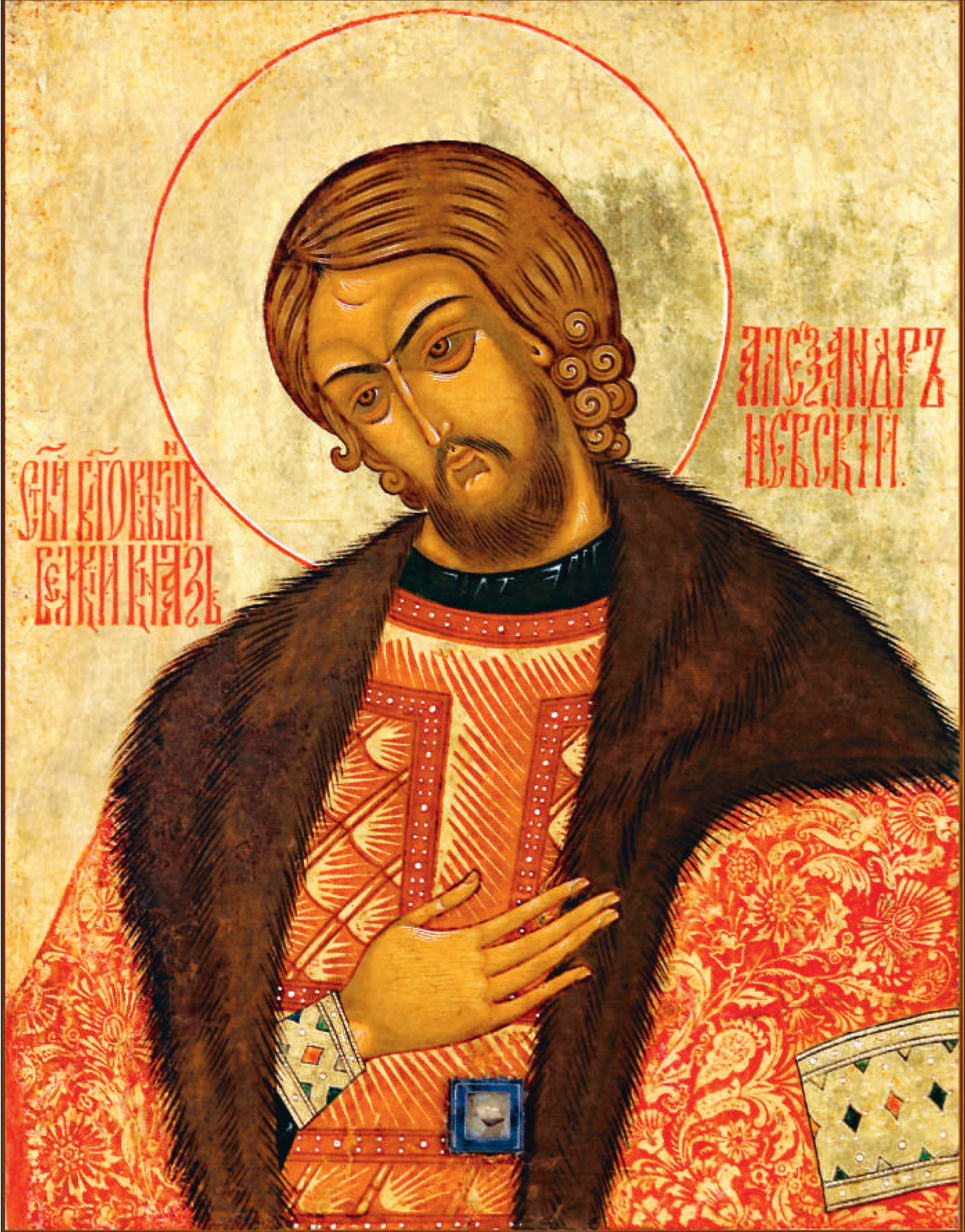
Saint Alexander Nevsky (in schema Alexis) Grand Prince of Novgorod (1263)
en.wikipedia.org/wiki/Saint_Alexander_Nevsky
Hierarch Dionysius I, patriarch of Constantinople (15th century)
Hierarch Metrophanes (in schema Macarius), bishop of Voronezh (1703)

Kostanti-Kakhay (Georgian Orthodox Church)
en.wikipedia.org/wiki/Kostanti-Kakhay
Earliest day on which Black Friday can fall, while November 29 is the latest; celebrated on the day after Thanksgiving. (United States)
www.todayinsci.com/11/11_23.htm
daysuntil.com/Election-Day/index.html
www.weatherforyou.com/cgi-bin/weather_history/today2S.pl
www.amug.org/~jpaul/nov23.html
en.wikipedia.org/wiki/November_23
www.scopesys.com/cgi-bin/today2.cgi
www.history.com/this-day-in-history/first-issue-of-life-is-published
www.lutheranhistory.org/history/tih1123.htm
www.hymntime.com/tch/index.htm
en.wikipedia.org/wiki/November_23_(Eastern_Orthodox_liturgics)
